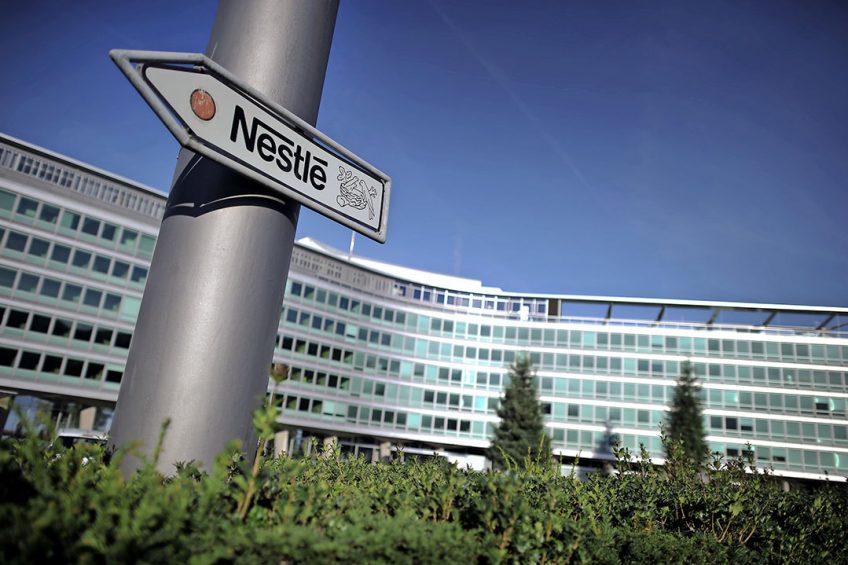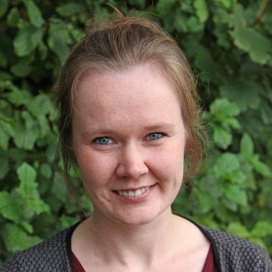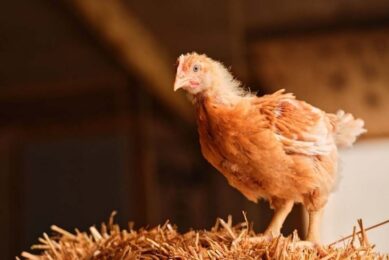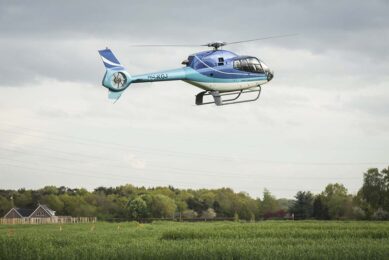Nestlé: “We want to be a catalyst for poultry welfare”

Slower growing chicken is not just restricted to Dutch retailers. The whole industry is moving in that direction. One such company is the world’s largest food concern: Nestlé.
Food concern Nestlé can expect many deadlines in the coming years. The company wants to exclusively process cage-free eggs in Europe and the United States by 2020 and worldwide by 2025. By 2024, it wants to restrict its poultry meat production in the United States to production according to the GAP-regulations. All the meat the company uses in Europe must meet the ‘European broiler ask’ conditions by 2026. The last 2 measures both mean a transfer to slower growing broiler breeds. The cage-free deadline approaches most rapidly for the company, but the changes in the broiler chain will ask the most of the supply chain, expects Olivier Marchand, responsible for Nestlé’s global meat purchases.
Nestlé: Setting new standards in animal welfare
In Europe, Nestlé is not a large player in poultry meat. It buys around 10,000 tonnes annually of poultry meat in the European Union. The company is however the world’s largest food concern, with well-known brands such as Nescafé, Maggi and Wagner in its portfolio. From that perspective, it wants to set new standards for animal welfare. “Together with producers and consumers,” Mr Marchand emphasises.
European Broiler Ask
With regard to European Broiler Ask, Nestlé joins Marks & Spencer and Unilever. These companies already committed themselves to a set of welfare criteria for broilers, drawn up by several European animal rights organisations.
The biggest changes:
- the mandatory transfer to slower growing breeds
- a maximum poultry barn occupation of 30 kilogrammes per square metre
- daylight in the barns
- at least 2 metres of raised seating spaces
- 2 pecking stones for every 1,000 birds
A significant part of the poultry producers in European countries such as the Netherlands and Germany are now accustomed to cage-free, according to Mr Marchand. “The changes for broilers are far bigger for the supply chain. They take time. The NGO’s behind this movement give us until 2026, because they understand that especially in Eastern Europe, these changes take time.”
He acknowledges that Nestlé is a relatively small poultry meat player in Europe. “We do need other partners in the industry to be able to join this movement. We see ourselves as a company that can make a difference, not only with regard to volume, but also because of our name and size. Animal welfare is important to us; we want to be a catalyst.”
Industry cooperates
Nestlé is part of the Global Coalition for Animal Welfare, which was established this year. In addition to Nestlé, this Coalition consists of other large players in the food industry, such as competitor Unilever, home furnishing store Ikea and food service companies Aramark, Compass Group, Elior Group and Sodexo. Mr Marchand mentions Unilever several times during the conversation, for example to give the company credit for the fact that it chose to transfer to slower growing chicken before Nestlé did. Mr Marchand does not think this is odd. “The industry understands more and more that we need to cooperate in the field of sustainability. We choose to do that because we believe it is truly the right thing to do.”
Moreover, it would be bad for producers if every company wanted something else, he believes. “Producers need to know what they must produce in 20 years’ time and which investments they need to make in order to achieve a certain production level. These are long-term developments.”
“82% of Europeans want us to do more for animal welfare”
Mr Marchand cannot yet say whether the Nestlé products’ consumer will pay for all the changes. “We know from a European Commission study that more than half of European consumers are prepared to pay more for products from a more animal friendly housing system. It is difficult that the largest part of that group only wants to pay 5% more.”
That is why Nestlé wants to implement the changes gradually, by telling the story, says Mr Marchand. According to him, modern consumers, especially millennials (born between 1980 and 2000), are interested in animal welfare. “82% of Europeans want us to do more for animal welfare. This number increases every year. We also see more government attention. The European Parliament recently adopted a resolution that pushes to increase animal welfare in the broiler industry.”
Speed varies per country
Nestlé purchases its poultry meat, among other countries, in the Netherlands, but also in France and Spain. 30% of the Dutch market has already transferred to slower growing chicken. Why then the 2026 deadline? “2026 will not be the deadline everywhere,” says Mr Marchand. “In countries that are ready before 2026, we will certainly consider it. This depends on consumer demand and whether or not producers are fully ready. When looking at animal welfare in general, countries such as the Netherlands, Germany and the United Kingdom are always frontrunners. We do not want to go too fast for countries that are not yet prepared.”
Nestlé does not want to simply change suppliers. “If a supplier cannot do what we want and is not prepared to change, we must adapt. However, it is not our intention to impose these standards unilaterally. We want to cooperate with the industry and we want to help producers.” The company specifically does that by sponsoring research, such as the current research into to use of enrichment material in the pig industry.
When cage-free and the transfer to slower growing chicken are successfully implemented, the poultry sector is not done yet, he expects. “After that, there are other challenges, such as killing male day-old chicks and trimming beaks. I do think that we need to handle things in the right order and step by step.”
The concern closely follows all technical possibilities, such as the German developments in the area of sexing in the hatching egg. Olivier Marchand: “New technologies ensure better welfare tomorrow.”
Join 31,000+ subscribers
Subscribe to our newsletter to stay updated about all the need-to-know content in the poultry sector, three times a week. Beheer
Beheer








 WP Admin
WP Admin  Bewerk bericht
Bewerk bericht